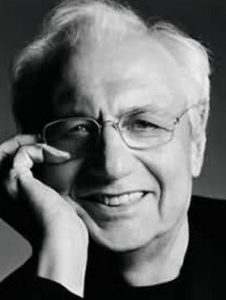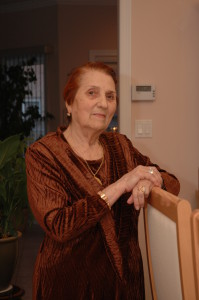The Brand Master
Joseph Mimran (b. 1952) was born in Casablanca, Morocco to an observant Jewish family, and grew up in Toronto, Canada. As a young man, he worked a number of odd jobs before opening his own art gallery while a student at York University. He finished his studies at the University of Windsor and became an accountant. After a couple of years, Mimran’s fashion designer mother inspired him to enter her field. He joined his mother and brother to set up a family fashion business called Ms. Originals. In 1979, the brothers hired a young Chinese-Canadian, Alfred Sung, to design their clothes, and the line was an instant hit. (Alfred Sung would later be hailed as “The New King of Fashion”). In the mid-80s, Mimran was once shopping for a simple white shirt but could not find one. He resolved to make his own, and started a new brand, Club Monaco, focused on simple, minimalist designs. By 1999, Club Monaco had 125 stores around the world, including one on Fifth Avenue in New York, and was bought out by Ralph Lauren. In 2004, Mimran started working on a new line to be sold exclusively at Loblaw’s supermarkets, giving rise to the Joe Fresh brand. The brand became so popular that in 2010, independent Joe Fresh stores began popping up. Mimran also founded the “Pink Tartan” label with his wife, and designed lines for President’s Choice and Holt Renfrew. He is currently the chair of the Fashion Design Council of Canada. Aside from fashion, Mimran is a noted philanthropist, supporting the Reena Foundation (which assists people with autism and disabilities), and Toronto’s East General Hospital, among others. Recently, Mimran joined the panel of Canada’s version of Dragon’s Den, the popular TV show where entrepreneurs pitch their ideas to venture capitalists. Mimran is recognized as a pioneer in modern fashion, and has been called a “human calculator”, and a “brand master”.
Words of the Week
Most people do not really want freedom, because freedom involves responsibility, and most people are frightened of responsibility.
– Sigmund Freud




